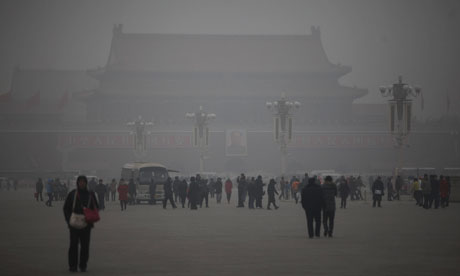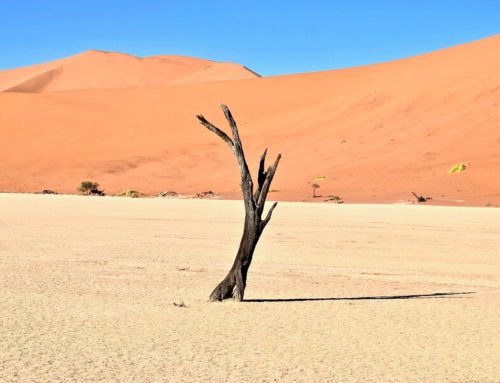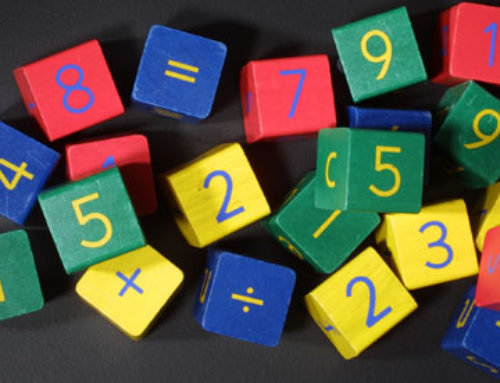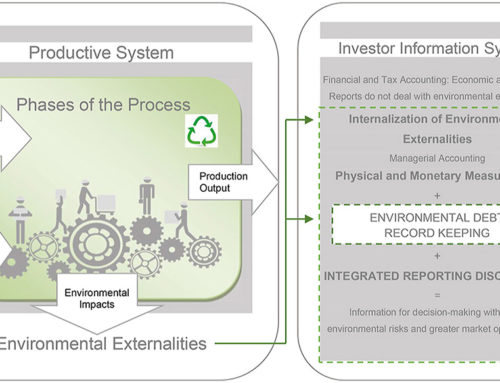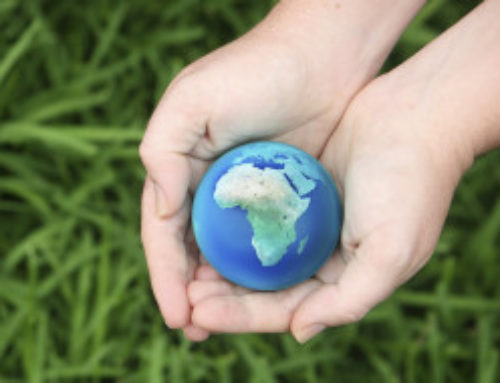First published in The Guardian, August 23rd, 2013
Photo: People walk on Tiananmen Square as heavy pollution lingers in the air. Photograph: Diego Azubel/EPA
I recently had the good fortune to meet a Chinese student, Wei Qing, who grew up in Luoyang, an ancient Chinese city famous as the capital city for thirteen dynasties.
Luoyang is nowhere near the largest pollution zones of China and Qing is proud of the culture she learned as a child and student. She’s a well-educated young woman, getting her masters degree in Environmental Education at an American university. She has the energy and enthusiasm of those ready to roll up their sleeves and do great work in the world.
As we enjoyed and admired the Nova Scotia skies together, Qing noted, “There are never blue skies in most of China.” I demurred, “Never?” She said, “Well, perhaps one or two days a year, but basically, the sky is never blue where I grew up.”
Again, I was taken aback as Qing explained that a blue sky was a great luxury for her. (I was only able to find anecdotal data to quantify the actual days of blue skies over Chinese cities.) The acceptance of the unacceptable remains: Qing does not expect to see what we count as a core part of our basic wellbeing.
The natural next step in my mind was to recognise that it is the production of our cheap goods that is the largest cause of this horrifying condition. We must urgently reconsider the true costs of our everyday behaviour.
It is one thing to read statistics such as 3.5% of China’s GDP is caused by environmental degradation, almost certainly a low estimate, or see pictures on the worst air pollution days in Beijing, or hear about devastating health problems, especially for children, throughout China.
It is quite another to hear, “the sky is never blue” and try to grok the intensity of that statement. Somehow, I figured that sometimes the wind moves pollution this way or that, sometimes the factories slow down.
Qing continued, and told me that she had never seen stars in China. Same drill, “Really? Never?” “Never,” she replied. I live in Manhattan and we don’t see many stars, but one can travel less than an hour and see some stars (even in the Northeast megalopolis), and a few hours away in the Catskill and Berkshire Mountains, the skies are lit up most nights.
As we all know, there is information and then there is a moment of understanding when one grasps the impact and import of life’s events. My dear friend is really dying. I really have cancer. My true love is really leaving me. Oh, deep pain. That’s how I felt when Qing told me about never seeing blue skies or stars over China.
This seemed like an assault on the body of our collective home and felt like a poison arrow in my very fibre. No cheap t-shirt, computer or food product is worth the destruction of our nest. What happens in China does not stay in China.
China obviously must step up and claim its air, land and water as sacred—more sacred than its booming economy. Its legacy of great civilizations demands no less. In 2012, the US overtook Europe as the largestimporter of Chinese goods.
As the western consumers of these goods, we are responsible for a sizable percentage of China’s devastating pollution – that caused by round the clock factories and the coal-fired energy plants running them – sometimes fueled by coal exported to China by US companies. Our role is to demand that all of our goods be produced cleanly, not to mention with decent wages and working conditions. This means that we will pay more for our goods. This will obviously be a very tough transition. But, goods that are more expensive in the short term will be less expensive over annual budget cycles.
The era of cheap goods is over. And sustainable business demands sustainable consumers.
This may sound like heresy to big business as well as to people on a budget, but it is the only way forward to a business model that does not destroy our very survival. That doesn’t mean business shouldn’t have plenty to sell and those who cannot afford higher prices must be crushed. We just can’t continue to buy and sell junk that is so cheap and so poorly made that disposability is built into the product’s business strategy.
Imagine if your coffee pot today was as well made as the espresso machine I inherited from a US army wife—which she purchased in Germany in 1965. I still use it every day and it still makes perfectly delicious coffee. Imagine if your printer or phone functioned for more than two years. Imagine if the toys you bought were destined for friends and family after two years instead of the landfill after 2 days. Imagine if the material on your new trousers didn’t shred and discolour after a dozen wearings and instead lasted like the expensive Italian-made coat I purchased 30 years ago that has warmed me at least 2,000 times and is only now beginning to show its age.
As Americans and Europeans, we have a role as both business people and consumers in protecting China’s environment, as well as our own. We are completely intertwined with China’s success, and the country’s environmental failures are partially our own. Blue skies, clean air and water are not luxuries. They are essential for survival. Individuals, businesses and governments must claim our respective and complementary roles in a revolution of values to restore the blue skies we all wish for the future.
No nature, no business.
- This article was amended on 26 August to remove an erroneous statement that 81.9% of US private consumption expenditure in 2010 came from goods produced in China. The correct percentage is 2.7%.

